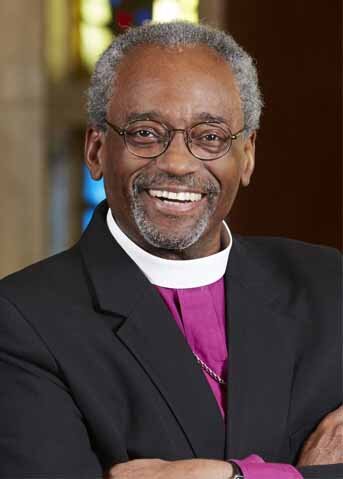If the world, your world, seems crazy right now, this is the book for you.
Hannah Whitall Smith (1832-1911) wrote from her own brokenness, pain, sorrow and loss into incredible peace, joy and ‘foundness’ in God alone.
Her husband had been one of the 19th century’s most celebrated evangelists. Tragedy thundered in via first the loss of a young daughter, later a son, and then public scandal which devastated her marriage.
A wise, discerning woman, Hannah aptly analyzed and examined the day’s religious movements which so mirror many today. Whether attempts to legislate purity or holiness, an over-emphasis on razzle-dazzle emotionalism, the promotion of success in the material world as opposed to spiritual victory over the world-bound soul—she found no truck with any of them.
Safe Within Your Love, a compilation of Hannah Whitall Smith’s writings into a 40-day devotional by David Hazard, is sadly out-of-print. So while I try to convince the publishers to get it out there again, forthwith are some nuggets:
"Earthly cares are a heavenly discipline. But they are even better than a discipline. They are God’s chariots, sent to take the soul to its high places of triumph…. The dangerous ‘vehicle’ is the visible thing; the chariot of God is the invisible.”
"Some Christians think that the fruits which the Bible calls for are some form of outward religious work—such as holding more and more meetings, visiting the poor, conducting charitable works, and so forth. The Bible scarcely mentions these . . . but declares that the fruit of the Spirit is love, joy, peace, patience, kindness, goodness, faithfulness, gentleness and self-control (Gal. 5:22-23). A Christlike character must necessarily be the fruit of Christ’s indwelling.”
Editor and compiler David Hazard offers a reflection at the end of each short chapter. Here’s one gem:
"My Physician Father, I see it now…
For every one of my soul-sicknesses, you give me a ‘medicine’ for my healing.
For my pride and independence, you give one who likes to dominate. For my impatience, you send one who grates. For my criticalness, you give me one who is sorry indeed.
Today, I will receive your treatments . . . even if they sting.”













